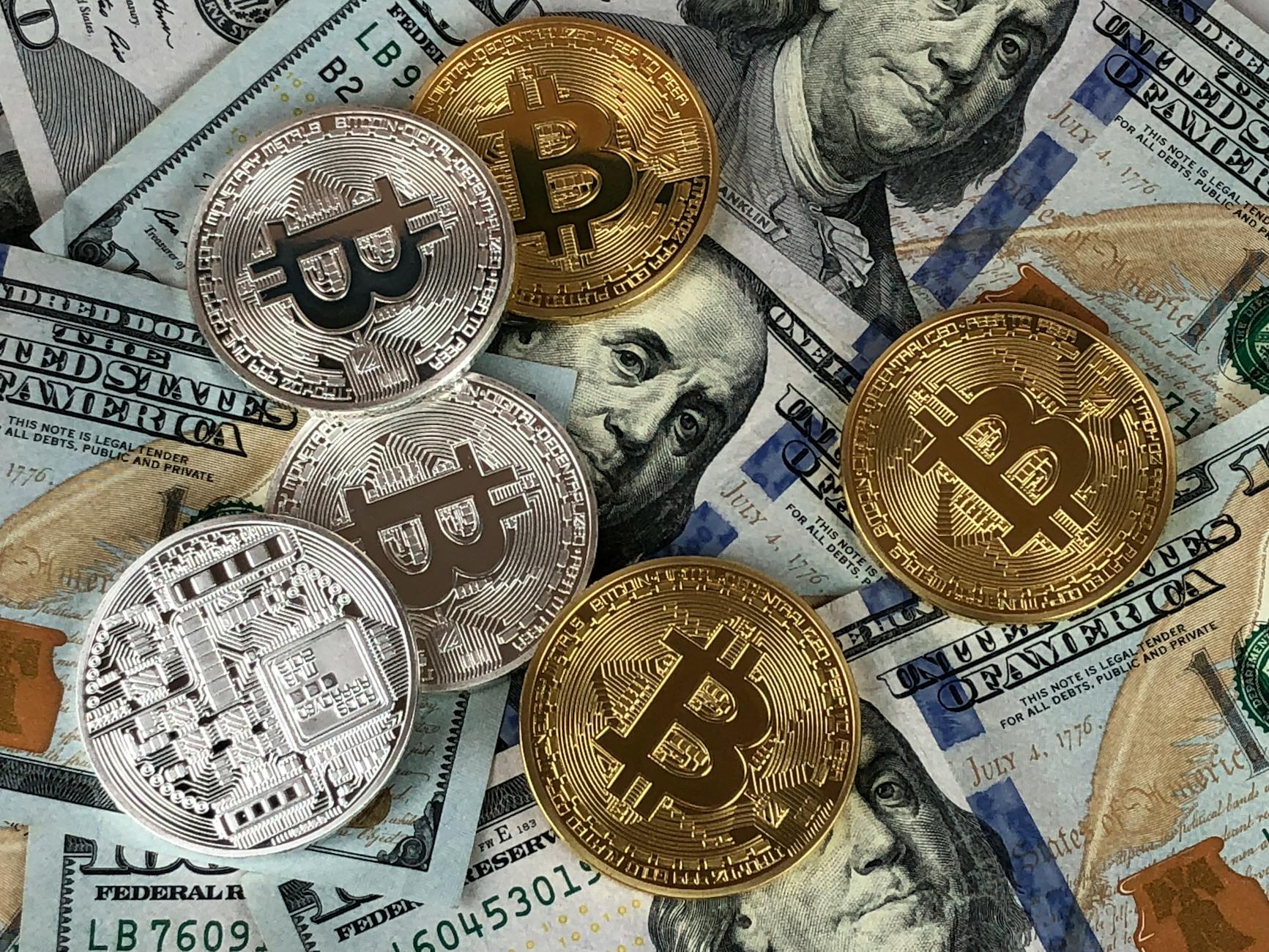Photo by David McBee on Pexels
While artificial intelligence is revolutionizing various sectors, its inherent centralization poses risks related to security, governance, and potential monopolies. Decentralized AI (DeAI), leveraging blockchain technology, presents a viable alternative by distributing infrastructure across a network of participants. This architecture mitigates single points of failure, promotes increased transparency, and democratizes access.
AI blockchains represent a convergence of these transformative technologies. Blockchain’s inherent capabilities for data integrity and trust, combined with AI’s automation and intelligence, create a powerful synergy. This integration is particularly impactful in areas like supply chain management, where blockchain guarantees transparency and AI optimizes logistics. Similarly, in healthcare, blockchain safeguards sensitive medical records while AI supports improved disease diagnostics.
Key aspects of AI blockchains include:
* **Transparent Data Provenance:** Mechanisms that provide clear data attribution identify and reward original data sources, incentivizing data contribution and ensuring fair compensation.
* **AI Royalty Systems and Monetization:** Smart contracts automatically manage payments to content creators when their data is utilized by AI models, paving the way for a new creator economy centered around data.
* **Decentralized Model Development:** Open and collaborative development processes empower community-driven model ownership and governance.
* **Scalable and Cost-Effective Infrastructure:** Decentralized networks, such as Render Network, facilitate GPU resource sharing, offering affordable computational power for AI applications.
Decentralizing AI has the potential to avert monopolization and ensure that this powerful technology provides benefits to all. AI blockchains offer a framework for constructing intelligent systems built on a robust foundation of trust, distributing control and promoting active participation. This decentralized approach will fuel grassroots innovation, cultivate a more diverse AI ecosystem, and reduce the potential for misuse.
